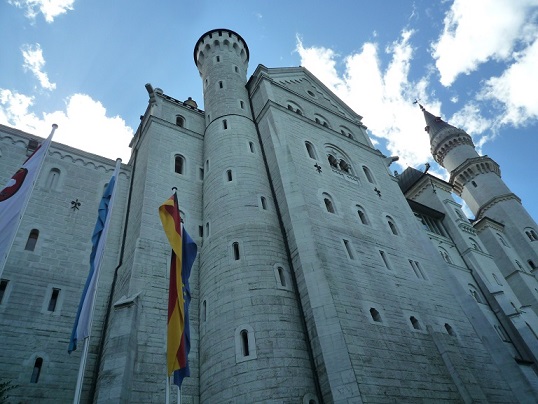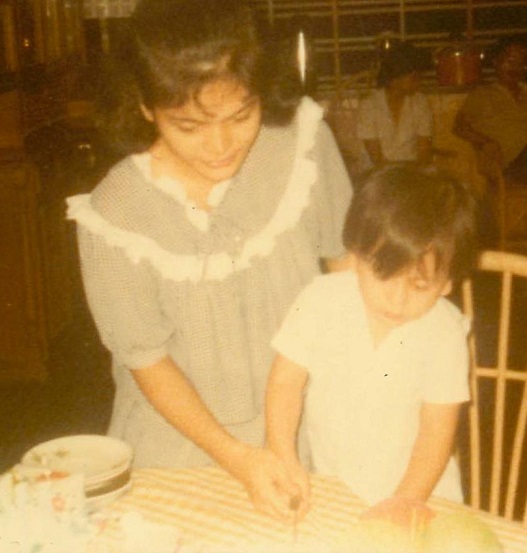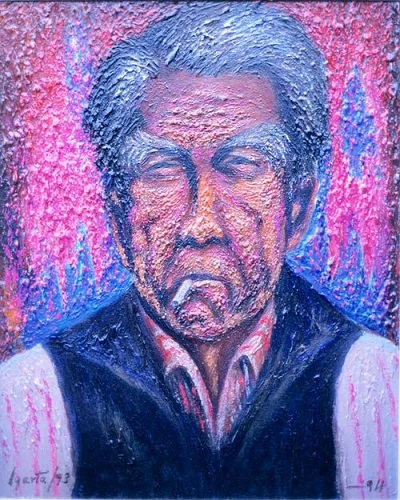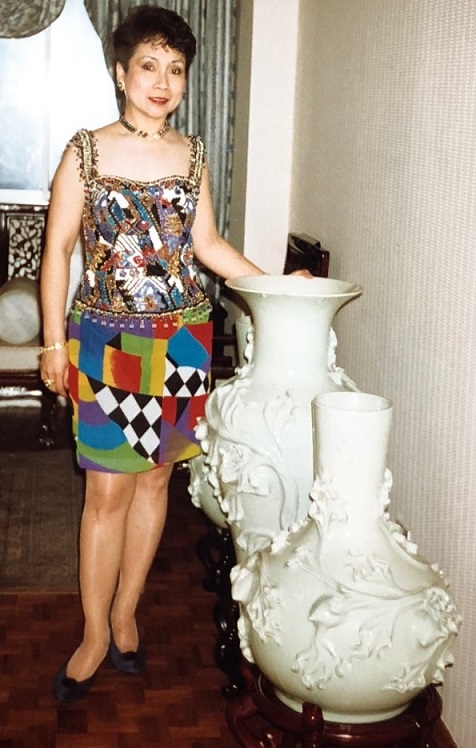‘Zone of Interest’ disturbingly portrays the happy life of a Nazi family

By Wendell Gaa
“The Zone of Interest,” this year’s Oscar winner for Best International Feature, is one of the most original and innovative films in recent memory.
When I viewed this historical period movie set during one of the most horrific and darkest chapters in human history, it was unlike any other Holocaust-era piece I have seen yet.
The chief focus here is on the life of a Nazi German, but unlike the 1993 Steven Spielberg classic “Schindler’s List,” the film tells the story of the gentlemanly yet remorseless Rudolf Höss, SS commandant of the dreaded death camp Auschwitz, a name which by itself has become synonymous with genocide and industrialized mass murder.
Uniquely for a Holocaust film, “The Zone of Interest” shows to us life on the hellish Auschwitz entirely from the perspective of Rudolf Höss along with his family who reside right next to the camp itself in Poland during the early 1940s. It was the era when Europe was embroiled in the Second World War and Hitler’s program of mass extermination of the Jews had been underway.
The most surprising, and perhaps most unsettling, aspect of “The Zone of Interest” is how it depicts the Höss family as a seemingly typical, normal family carrying out its everyday mundane activities in their outwardly docile and tranquil home. There’s Rudolf’s wife Hedwig tending to a garden, the housekeepers working to keep the residence in order, the children having a swimming pool party together with friends. Yes, the appearances and attire of all the characters here, from the family members to SS officers and guards very much reflects the time they were living in. If you are not aware of what exactly is going on “on the other side of the fence” from the Höss residence, one can easily be tricked into thinking these were everyday “civilized” human beings.

Even in the scenes where Höss is holding briefings and meetings with his fellow SS comrades on the operations of the death camp, there is a disturbingly subtle feel to the way they conduct business, as if going over the grisly details of the camp’s facilities of mass murder is just a casual occurrence to all of them.
It feels a bit ambiguous as to how much the rest of the Höss family, including a visiting grandmother and the children themselves, is aware of everything that is happening right next to the very site where they are living, breathing, eating and sleeping. There are visual hints of the air of literal death which overshadow them every day, particularly in a scene where two of the young Höss boys are flippantly toying with human gold teeth (obviously taken from a camp victim). There is as well the nearby sounds of shooting and screaming which can be heard as people within the residential compound are going about their own business, and the eerie nighttime view of chimney smoke emanating from the camp’s crematorium.
I cannot say there is any one definitive Holocaust movie, and yet “The Zone of Interest” is a film which needs to be viewed and analyzed. Much of the movie portrays the outwardly happy life of a prim and proper Nazi family, and juxtaposing all of that to the unseen carnage and butchering going on right next to where they live. One will come to understand how evil and barbarity can co-exist undetected with everyday life.
The impact of “The Zone of Interest” has personally hit hard on me as I had recently visited Auschwitz near Kraków, Poland, a place which, just like the movie, is something you may never want to see and experience, but at the same time, you absolutely need to in order to confront man’s inhumanity to man.















